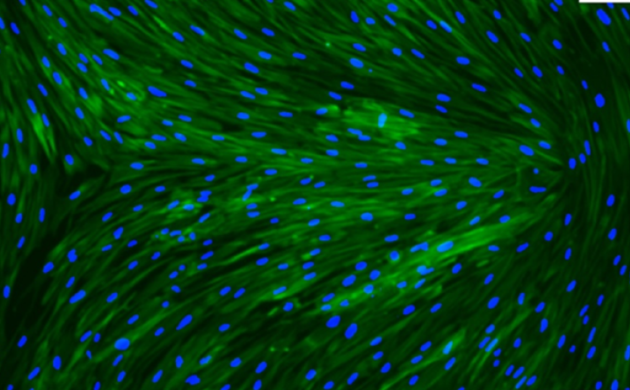


South University of science and technology to build one of the world's first-class cross scientific research center

Soft matters and biological physics study proteins, DNA, liquid crystal, emulsions, colloids, foam, active matters and biological groups. Phenomena displayed by these matters cover a large variety of length and time scales and they often appear both in nature and in everyday life. Understanding microscopic structures and exotic macroscopic behaviors of these matters helps explore new ways to control material states and properties, which often lead to novel applications in manufacturing and health care industries. Research subjects in soft matters and biological physics includes the following topics:
(1) Active matters include molecular motors, cells, microbes, micro-robots, etc. Active matters can draw energy from environment and convert it to locomotion. They exhibit rich self-assembly structures and collective emergent behaviors. Study of active matters is helpful to understanding the physical mechanism in life activities and other nonequilibrium behaviors.
(2) Liquid crystal molecules have anisotropic shapes that lead to rich orientational orders which can be controlled by topology, elasticity, and boundary anchoring conditions. By manipulating liquid crystal orientational order we can design next generation of optical device with smaller size and better performance; we can also use liquid crystal to align cells and bacterium to achieve high throughput medical analyses.
(3) Colloids and granular matters are suspended particles of the size of nanometer to centimeters. These suspensions exhibit rich and exotic physical behaviors, including self-assembly, jamming, glass transition, shear thickening, and etc. Now only can we control particle properties like size, shape, and hydrophilicity, we can also tune particle activity, topology, and entropy to achieve novel self-assembled structures and macroscopic functionalities.